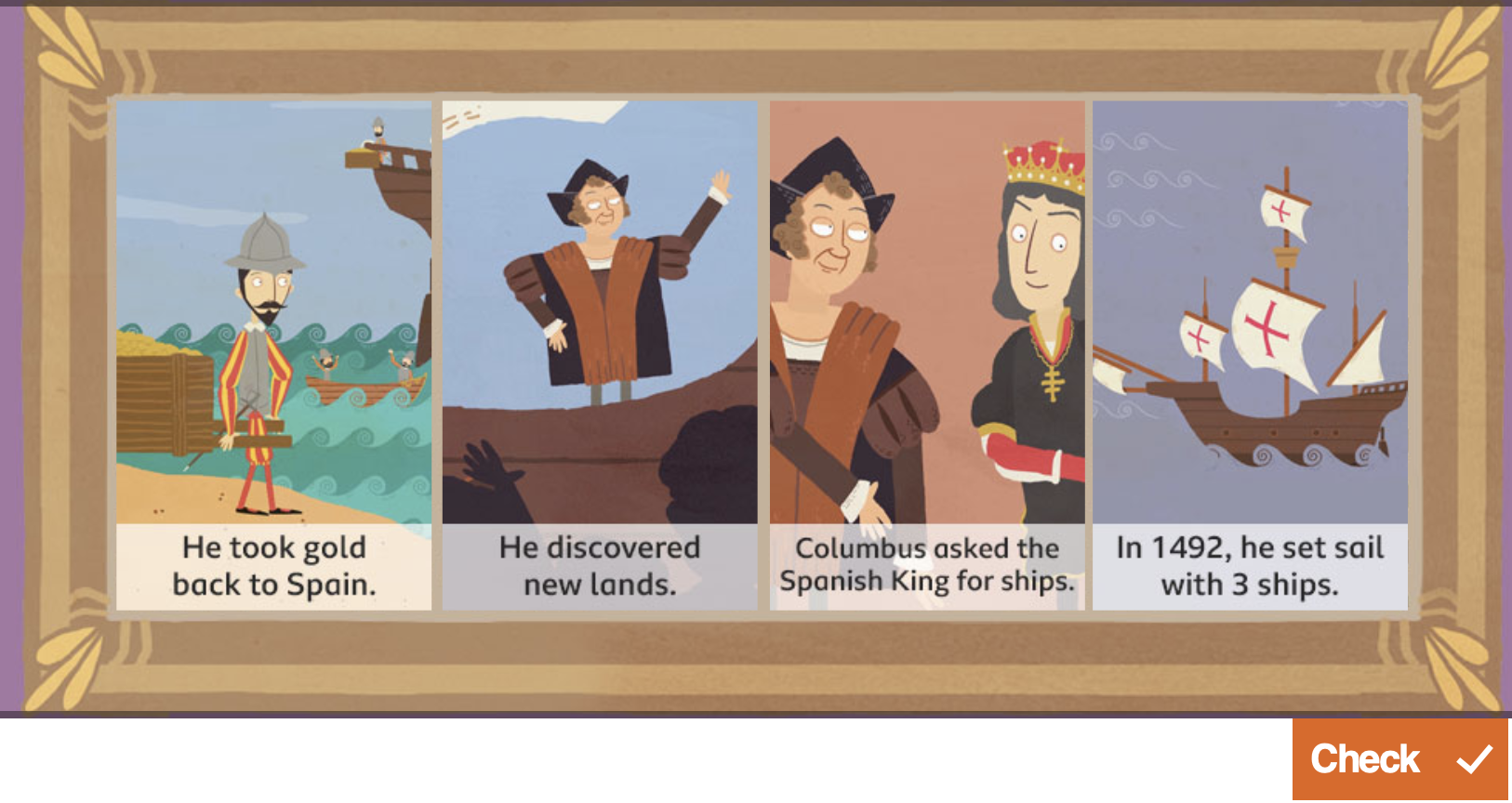
Christopher Columbus was a renowned Italian explorer who is widely credited with discovering America. But before he embarked on his famous voyage, he underwent a rigorous education and training to prepare himself for the challenges that lay ahead.
Early Education

Christopher Columbus was born in Genoa, Italy in 1451. He was the son of a wool weaver, and from a young age, he showed an interest in the sea. His early education was in navigation, astronomy, and mathematics, which he learned from his father and uncles.
At the age of 14, Columbus left school and began working as a sailor. He traveled to various parts of the Mediterranean and gained valuable experience in navigation and seamanship.
Training as an Explorer

In the late 1470s, Columbus moved to Portugal, where he began to study the latest developments in navigation and cartography. He learned about the new technologies and instruments that were being used to navigate the seas, including the astrolabe and the quadrant.
Columbus also began to study the works of the ancient Greek geographer Ptolemy, who had created a map of the world based on latitude and longitude. Columbus believed that the world was much smaller than most people thought, and he began to plan a voyage to prove his theory.
The Voyage of 1492
In 1492, Columbus set out on his famous voyage across the Atlantic. He was accompanied by three ships, the Nina, the Pinta, and the Santa Maria, and a crew of about 90 men.
The voyage was long and arduous, and the crew faced many challenges, including storms, sea sickness, and dwindling supplies. But after 36 days at sea, they finally spotted land.
Legacy of Christopher Columbus

Today, Christopher Columbus is remembered as a great explorer who changed the course of history. His voyage across the Atlantic opened up a whole new world of possibilities and paved the way for the colonization of the Americas.
But Columbus's legacy is also controversial. His treatment of the native people he encountered has been widely criticized, and some argue that his actions paved the way for the exploitation and enslavement of indigenous peoples.
Conclusion
Christopher Columbus's education and training played a crucial role in his success as an explorer. He was a skilled navigator and a visionary who believed in the possibilities of a new world. Although his legacy is complex, his achievements cannot be denied.